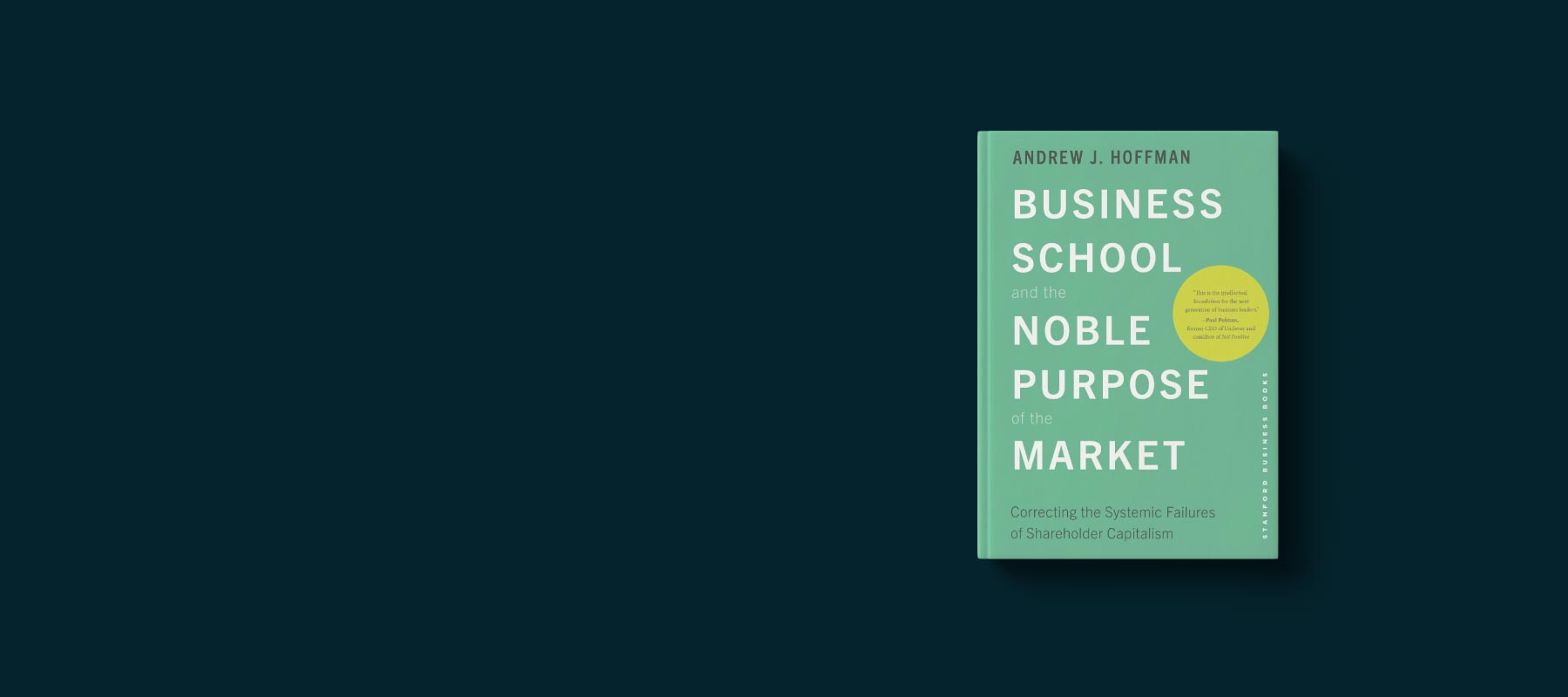The power and practice of organizational judo
This note summarizes how Judo’s “gentle way” offers insights for mastering organizational politics. The Japanese martial art of Judo combines physical skill with mental strength and ethics. Its core principles offer valuable lessons for navigating organizational politics.
1. Maximum Efficiency but Minimum Effort (Seiryoku Zenyo): Judo emphasizes using minimal physical, emotional and mental energy for optimal results. Within organizations, this suggests focusing on high-impact areas, judiciously using political capital and avoiding wasteful conflicts. 2. Flexibility (Ju No Ri): Judo teaches that flexibility in strategy and mindset, illustrated by the willow tree metaphor, is crucial. Organizationally, it means being adaptable and resilient, altering strategies as situations evolve and being open to novel ideas, avoiding rigidity and fostering adaptability. 3. Mutual Welfare and Benefit (Jita Kyoei): Success in Judo and in organizations is interconnected. One’s achievements often depend on the prosperity of others. Mutual welfare underscores collaboration, win-win solutions, and fostering trust and goodwill in alliances. Assisting colleagues benefits the collective, furthering individual success. 4. Mental and Moral Aspects: Mental Resilience: Judo requires mental endurance. Similarly, leaders need resilience to navigate organizational setbacks. It aids in making strategic decisions under pressure and recovering stronger from challenges. Moral Integrity: Judo cultivates moral behavior, emphasizing respect, discipline and humility. Within organizational politics, integrity ensures trustworthiness. The judicious use of influence while retaining values ensures enduring success. Applying Judo’s principles in professional contexts encourages strategic acumen, emotional intelligence and adherence to core values. By embracing the philosophies of maximum efficiency, flexibility, mutual benefit, and mental and moral resilience, one can master organizational politics, transforming conflicts into opportunities for collective growth.
- Learn to focus on impactful areas to avoid wasted energy on non-productive conflicts
- Understand the importance of flexibility in strategy/mindset to better respond to changing dynamics and harness opportunities
- Embrace the interconnected nature of success as a path to stronger alliances and collective progress.
- Cultivate resilience to setbacks, ensuring composure and strategic decision-making under pressure
- Recognize the vital role of moral integrity in organizational politics, ensuring trustworthiness and credibility
Cranfield University
Wharley End Beds MK43 0JR, UK
Tel +44 (0)1234 750903
Email [email protected]
Harvard Business School Publishing
60 Harvard Way, Boston MA 02163, USA
Tel (800) 545-7685 Tel (617)-783-7600
Fax (617) 783-7666
Email [email protected]
NUCB Business School
1-3-1 Nishiki Naka
Nagoya Aichi, Japan 460-0003
Tel +81 52 20 38 111
Email [email protected]
IMD retains all proprietary interests in its case studies and notes. Without prior written permission, IMD cases and notes may not be reproduced, used, translated, included in books or other publications, distributed in any form or by any means, stored in a database or in other retrieval systems. For additional copyright information related to case studies, please contact Case Services.
Research Information & Knowledge Hub for additional information on IMD publications

Geopolitical turmoil and its workforce impact demand a systems thinking approach from CHROs, argue IMD’s Katharina Lange and Simon Evenett.

This episode takes you behind the scenes of a recent gathering led by the World Business Council for Sustainable Development together with IMD, where David Bach sat down with two sustainability leaders.

All organizations should have a plan to secure trust during, after (and even before) a crisis hits. Here are a host of examples, good and bad, to learn from.

Tired teams, wasted weekends, and unread reports—here are 7 ways to restore morale and reignite performance. Avoid unnecessary reporting and non-essential tasks.
The Handtmann case examines the co-CEO leadership model in the context of family business. Based on interviews with three key executives – the co-CEOs and the President of the Advisory Board – the case focuses on how Handtmann handled the leadersh...

The 7 shifts you need to make to lead in a turbulent world for acuity and inner rootedness. Grounded Edge Leadership.

Anxiety can sharpen focus, but if it impacts your well-being or leadership, it’s worth a check-in. These helpful questions may help you reflect.

As corporate America adjusts to a shifting political environment under President Donald Trump, companies must rethink their approach to DEI.

Andrew J Hoffman's book explains how Business schools must cultivate leaders who see beyond profits and embrace business as a powerful force for societal good.

IMD President David Bach goes from the global to the personal with one of the world’s most prominent bankers.
Research Information & Knowledge Hub for additional information on IMD publications
Research Information & Knowledge Hub for additional information on IMD publications
in I by IMD
Research Information & Knowledge Hub for additional information on IMD publications
in I by IMD
Research Information & Knowledge Hub for additional information on IMD publications
Research Information & Knowledge Hub for additional information on IMD publications
The Handtmann case examines the co-CEO leadership model in the context of family business. Based on interviews with three key executives – the co-CEOs and the president of the advisory board – the case focuses on how Handtmann handled the leadersh...
Research Information & Knowledge Hub for additional information on IMD publications
Research Information & Knowledge Hub for additional information on IMD publications
in I by IMD
Research Information & Knowledge Hub for additional information on IMD publications
in I by IMD
Research Information & Knowledge Hub for additional information on IMD publications
Research Information & Knowledge Hub for additional information on IMD publications

